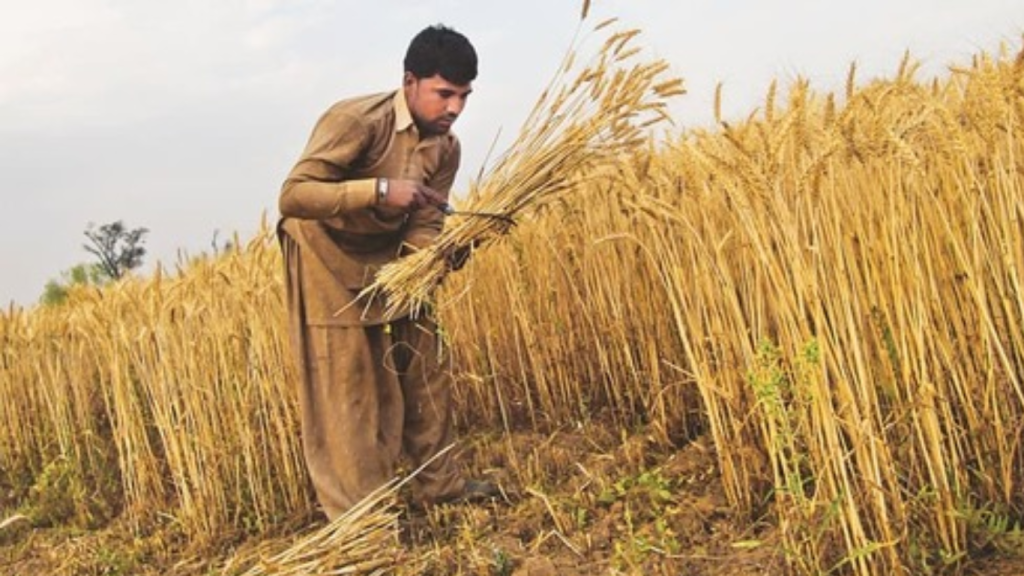PTBP Web Desk
The Sindh cabinet has approved the Agricultural Income Tax Bill 2025. This landmark decision, announced on Monday, will see the new taxation measures coming into effect from January 2025, as confirmed by Sindh Chief Minister Syed Murad Ali Shah during a statement from CM House.
Chief Minister Murad Ali Shah emphasized that the approval of this bill is in the “national interest,” aiming to bring more transparency and equity into the taxation system. One of the key features of the bill is the exclusion of the livestock sector from the agricultural income tax, a decision made to potentially mitigate any adverse effects on a significant part of the rural economy.
The responsibility for collecting the agricultural income tax has been shifted from the traditional Board of Revenue (BOR) to the Sindh Revenue Board (SRB). This change is intended to streamline the process and enhance efficiency in tax collection. Additionally, the bill stipulates that adjustments will be made in the case of natural disasters, providing some relief to farmers facing unexpected agricultural losses.
There’s a stern warning for those who might try to evade this new tax regime; the government has made provisions for imposing fines on individuals who attempt to conceal cultivated land to avoid taxation.
The approval of the bill also brings to light a point of contention between the federal and provincial governments. CM Murad Ali Shah expressed his dissatisfaction with the lack of consultation from the federal side before engaging with the International Monetary Fund (IMF) on economic policies, including this tax reform. He committed to revisiting the matter with the federal government, indicating potential ongoing discussions or negotiations.
The IMF has been a proponent of taxing agricultural income as part of broader economic reforms aimed at increasing government revenue and promoting fiscal discipline. This push aligns with last year’s comments by Finance Minister Muhammad Aurangzeb, who announced that the legislative groundwork for this tax would be ready by January 2025, with actual collection starting from July 1, 2025.
Experts estimate that this new taxation on agricultural income could potentially generate up to Rs300 billion for the government, significantly boosting public finances if implemented across all provinces. However, this move is not without its challenges and criticisms. Chief Minister Murad Ali Shah himself warned of potential price hikes as a consequence of this tax. He noted that, “Taxing agriculture will also result in higher wheat, rice, and other grain prices,” which could have a direct impact on consumer costs and the overall inflation rate.
The introduction of this tax might lead to a complex reaction in the market. While it could stabilize government revenue, it might also lead to increased costs for consumers, particularly in staple food items. Farmers and agricultural businesses might face increased operational costs, which could translate into higher market prices unless mitigated by government policies or subsidies.




